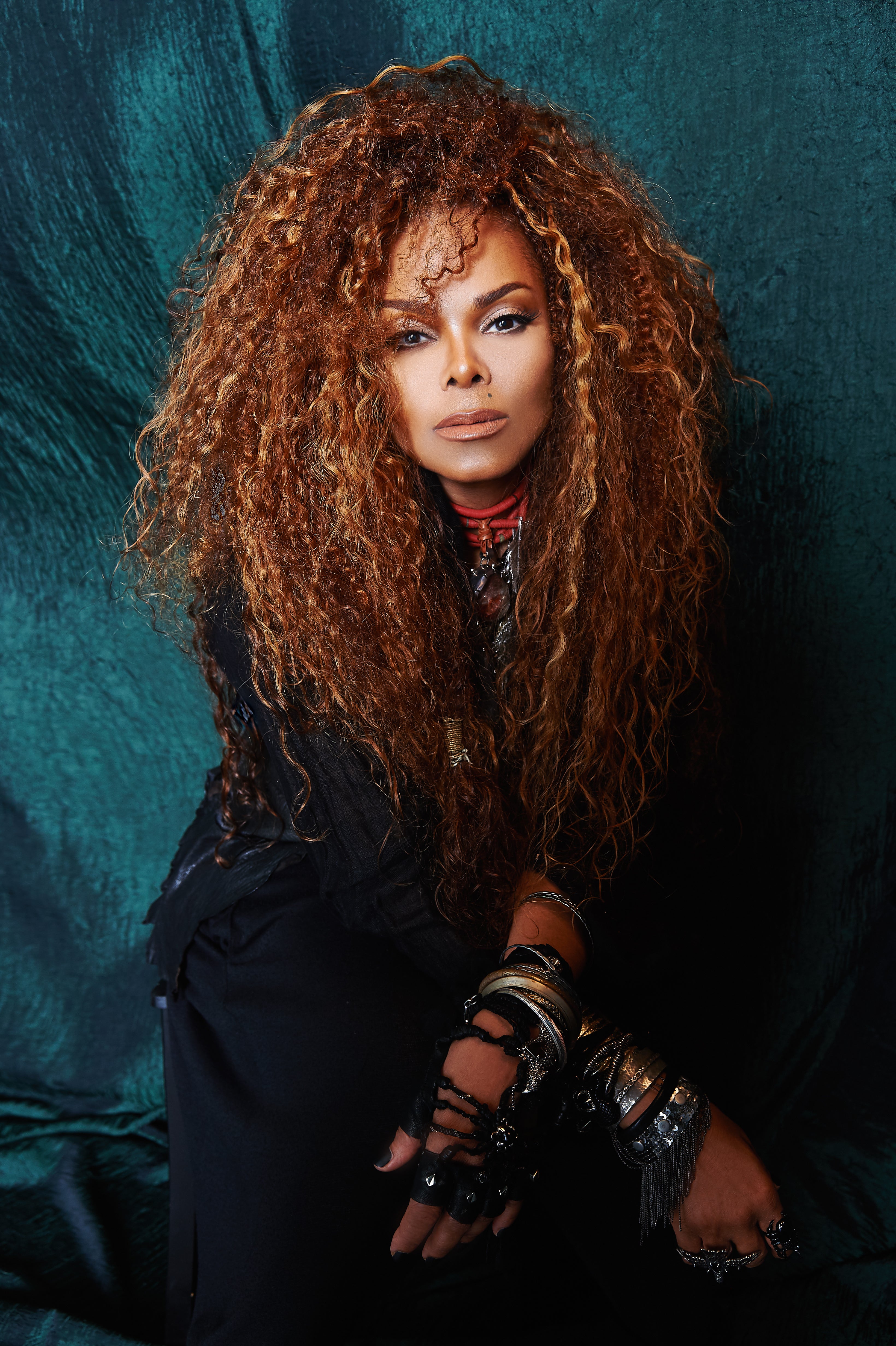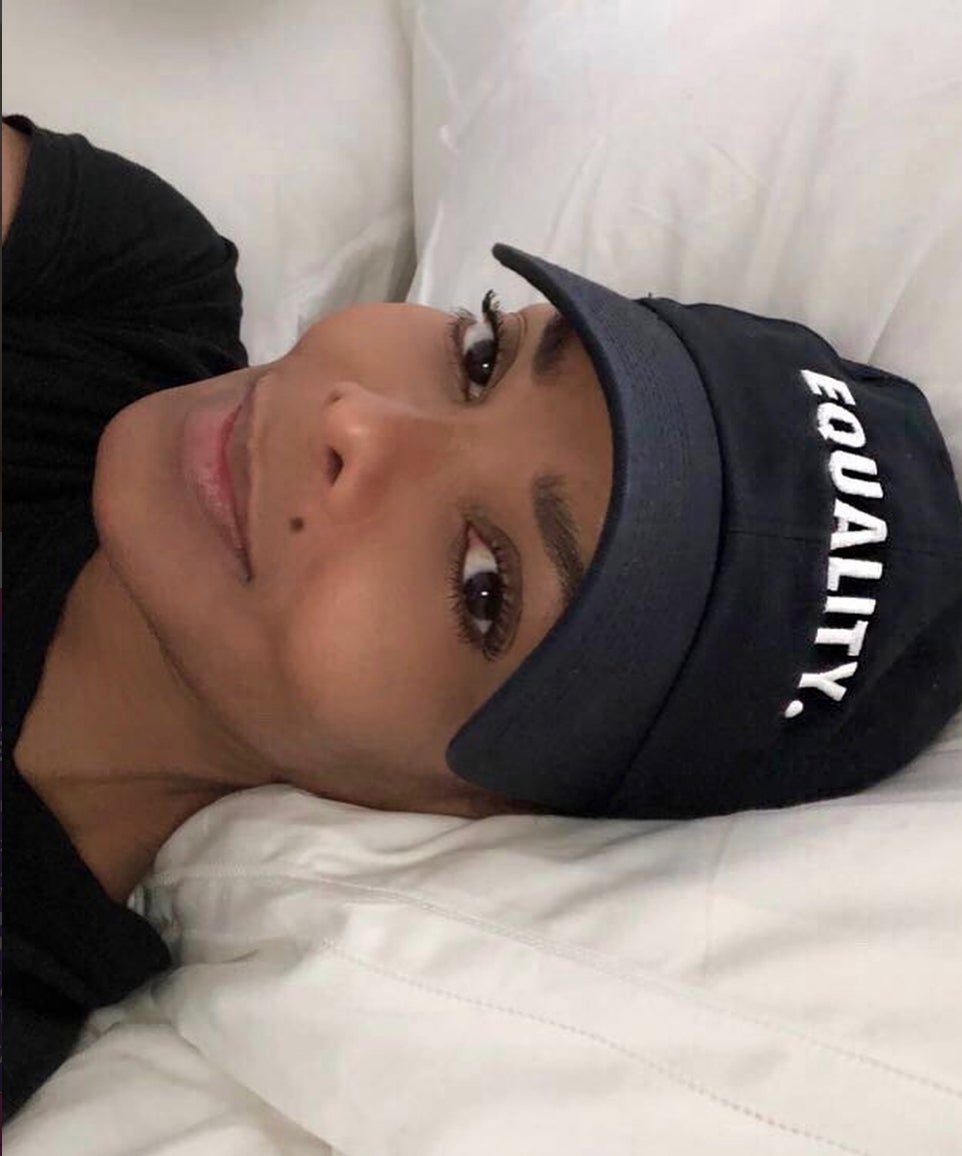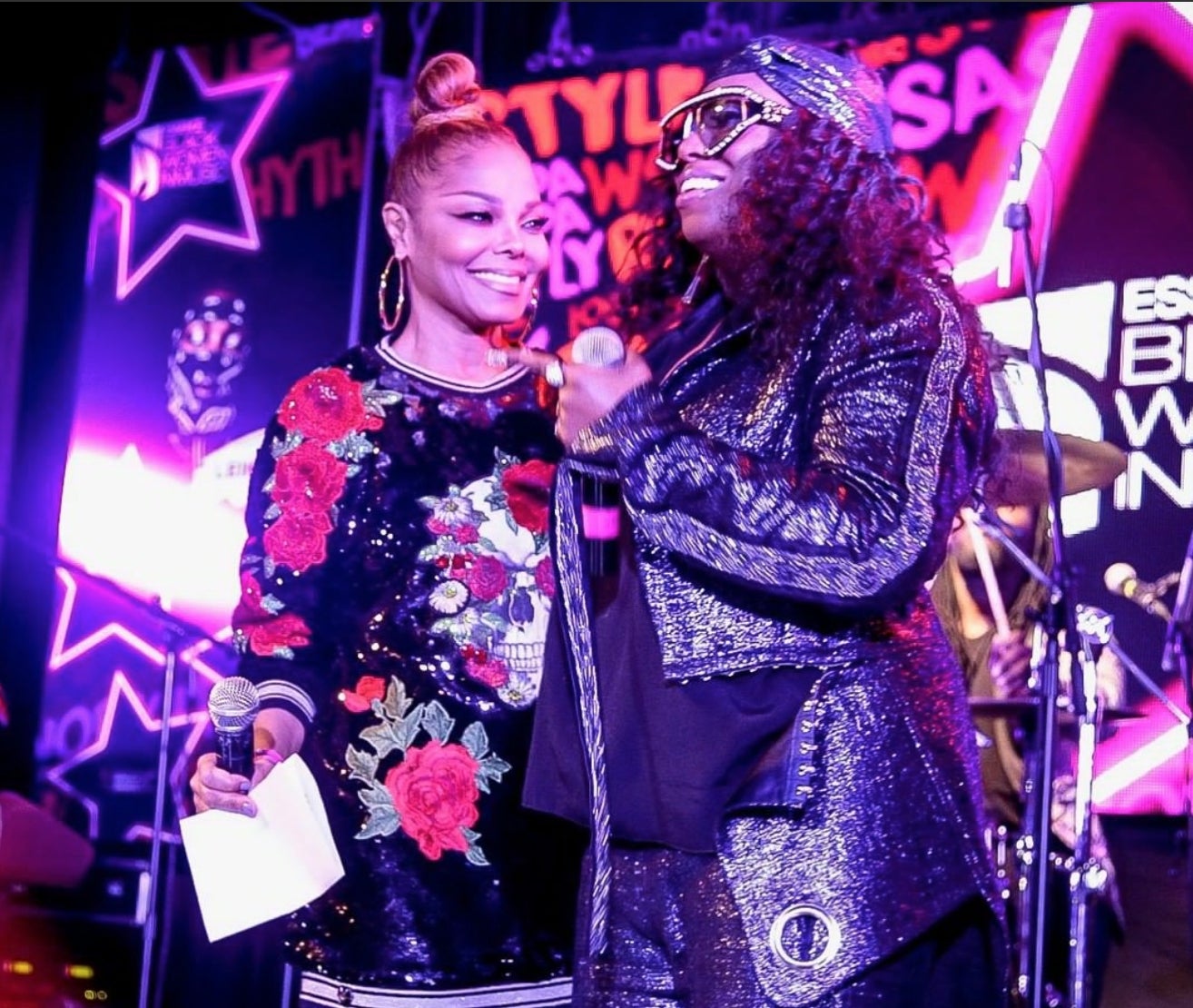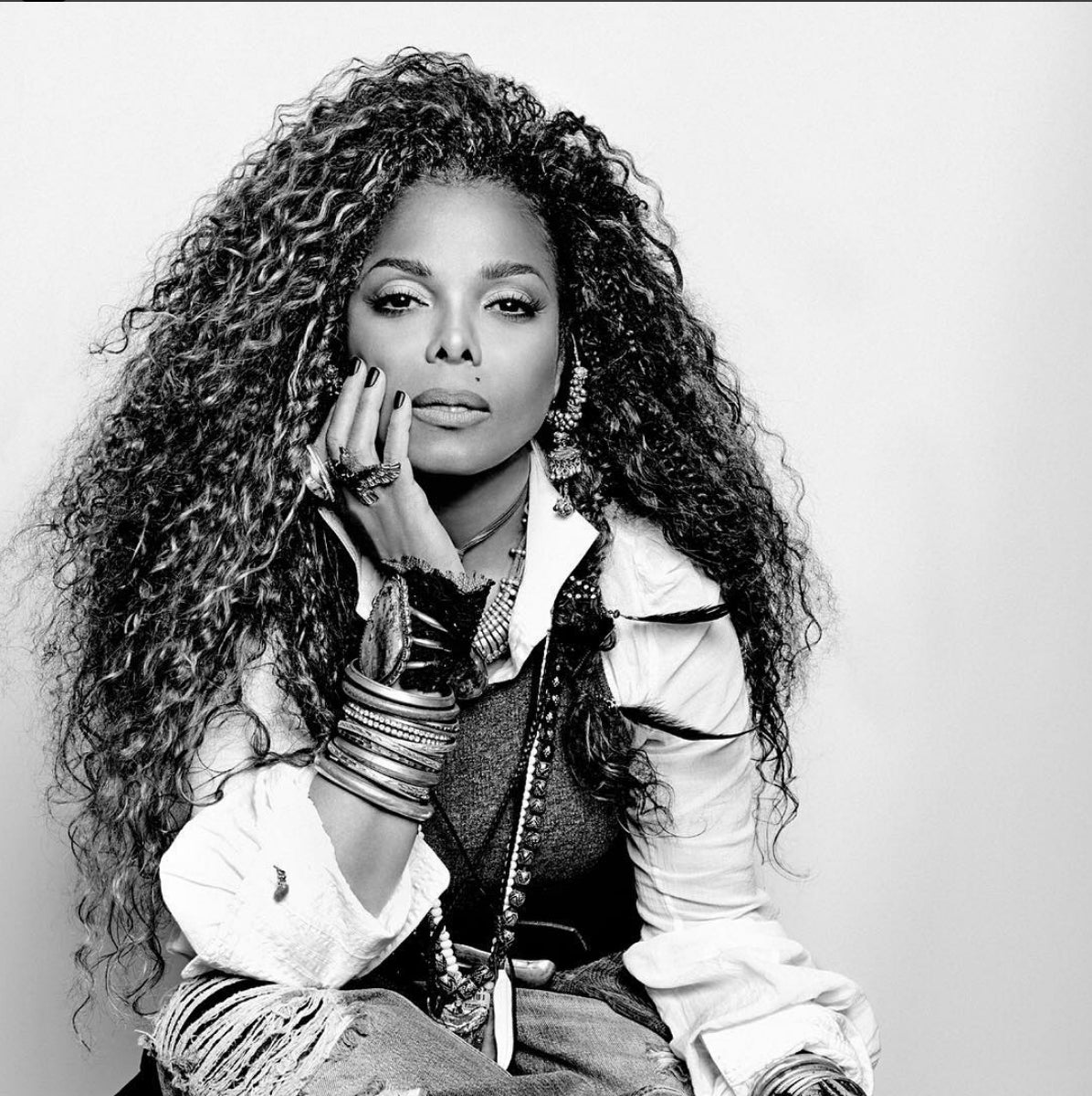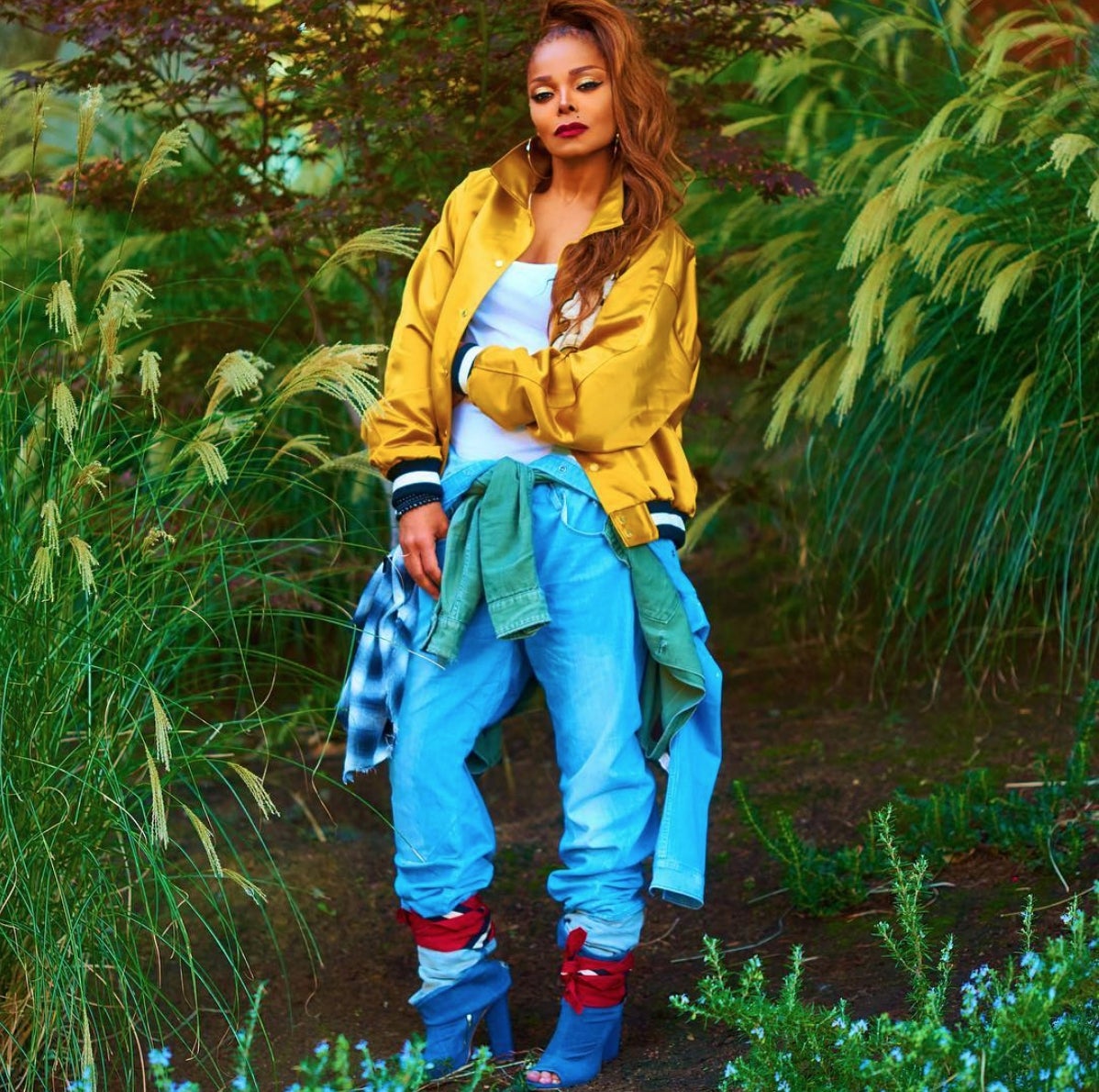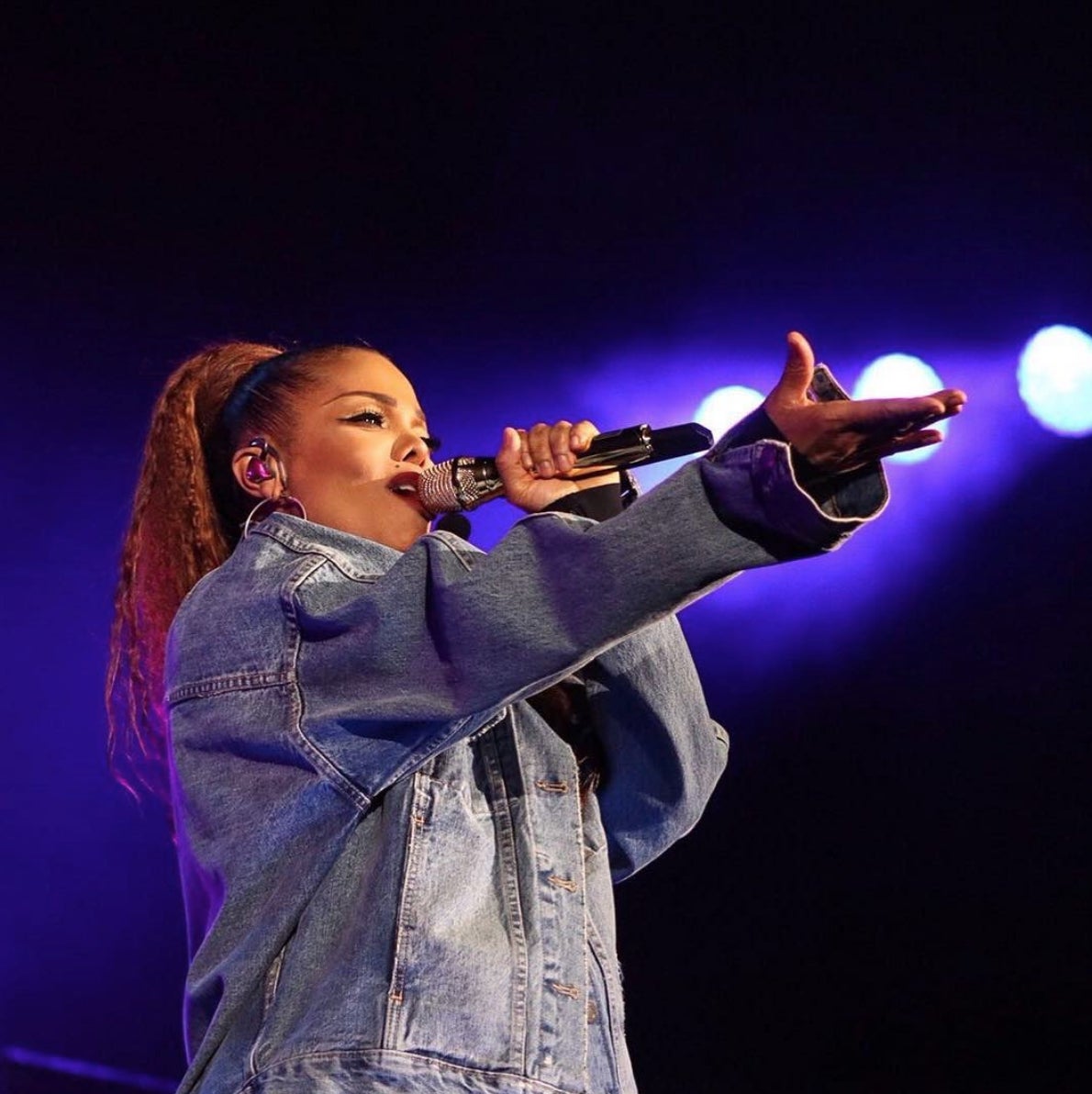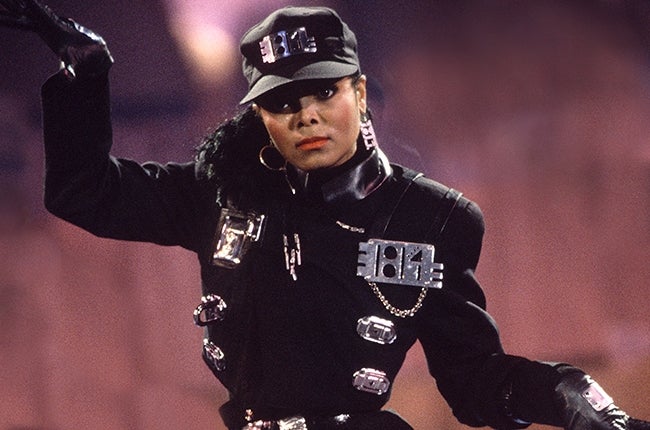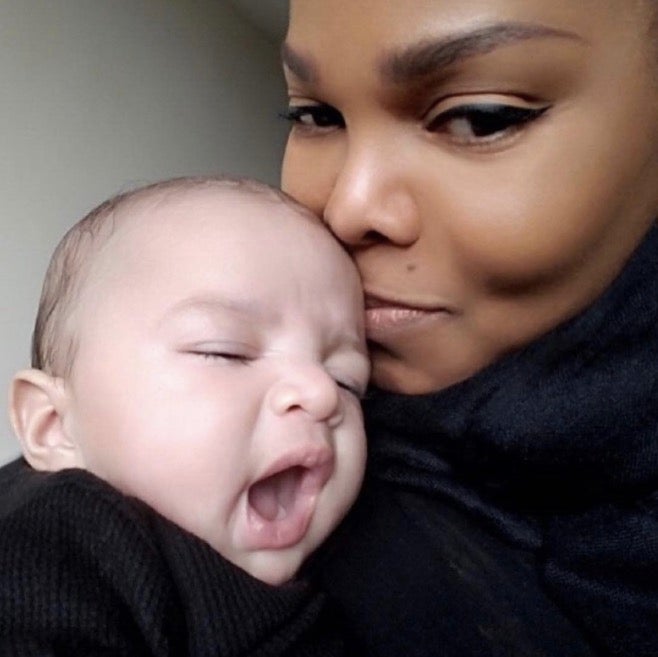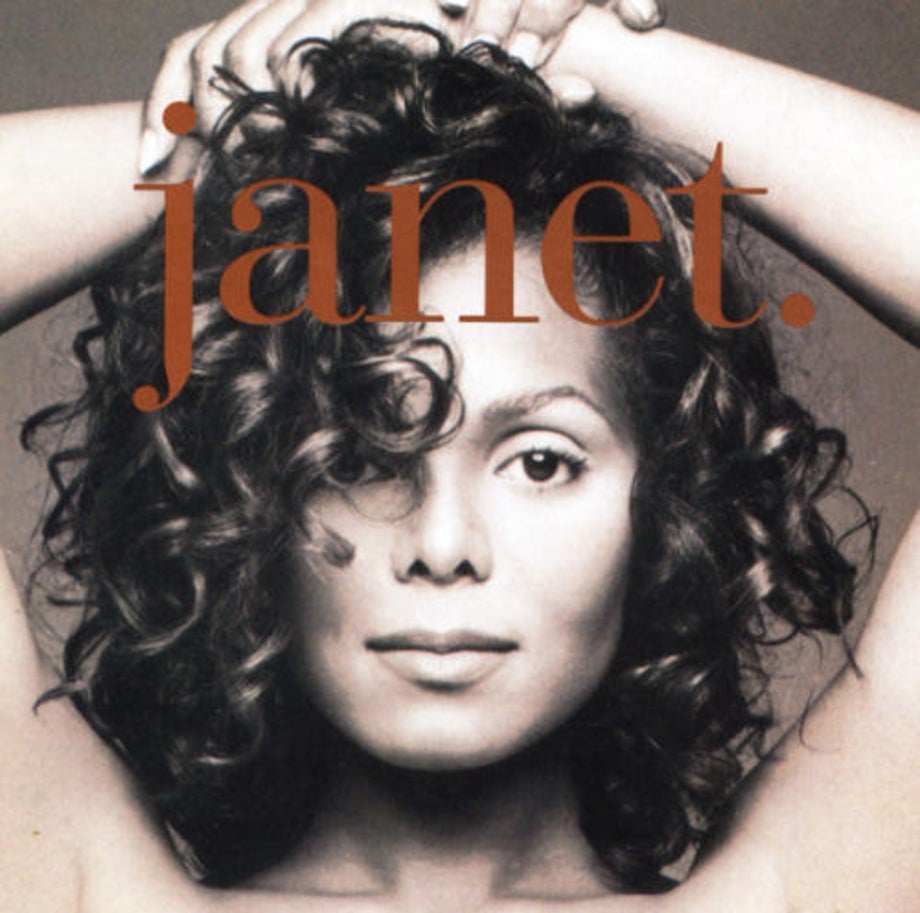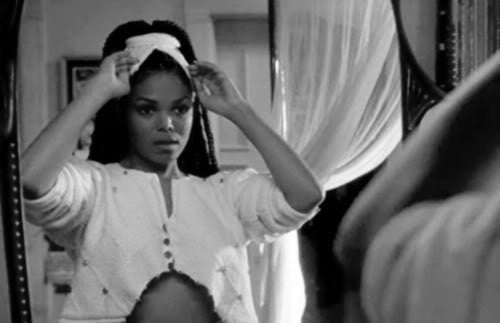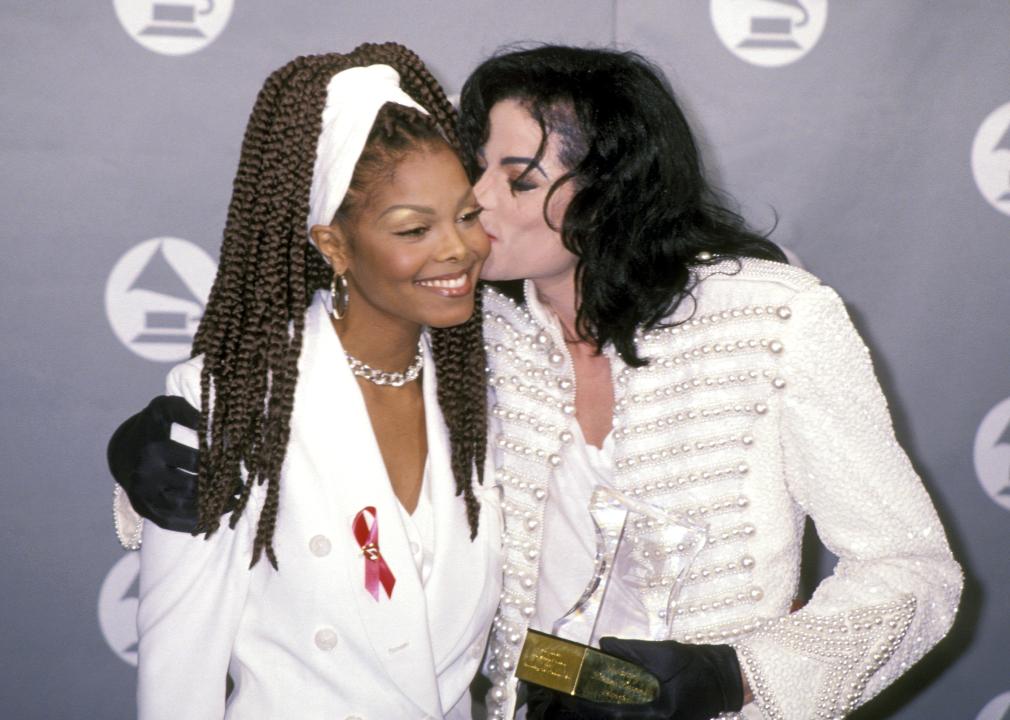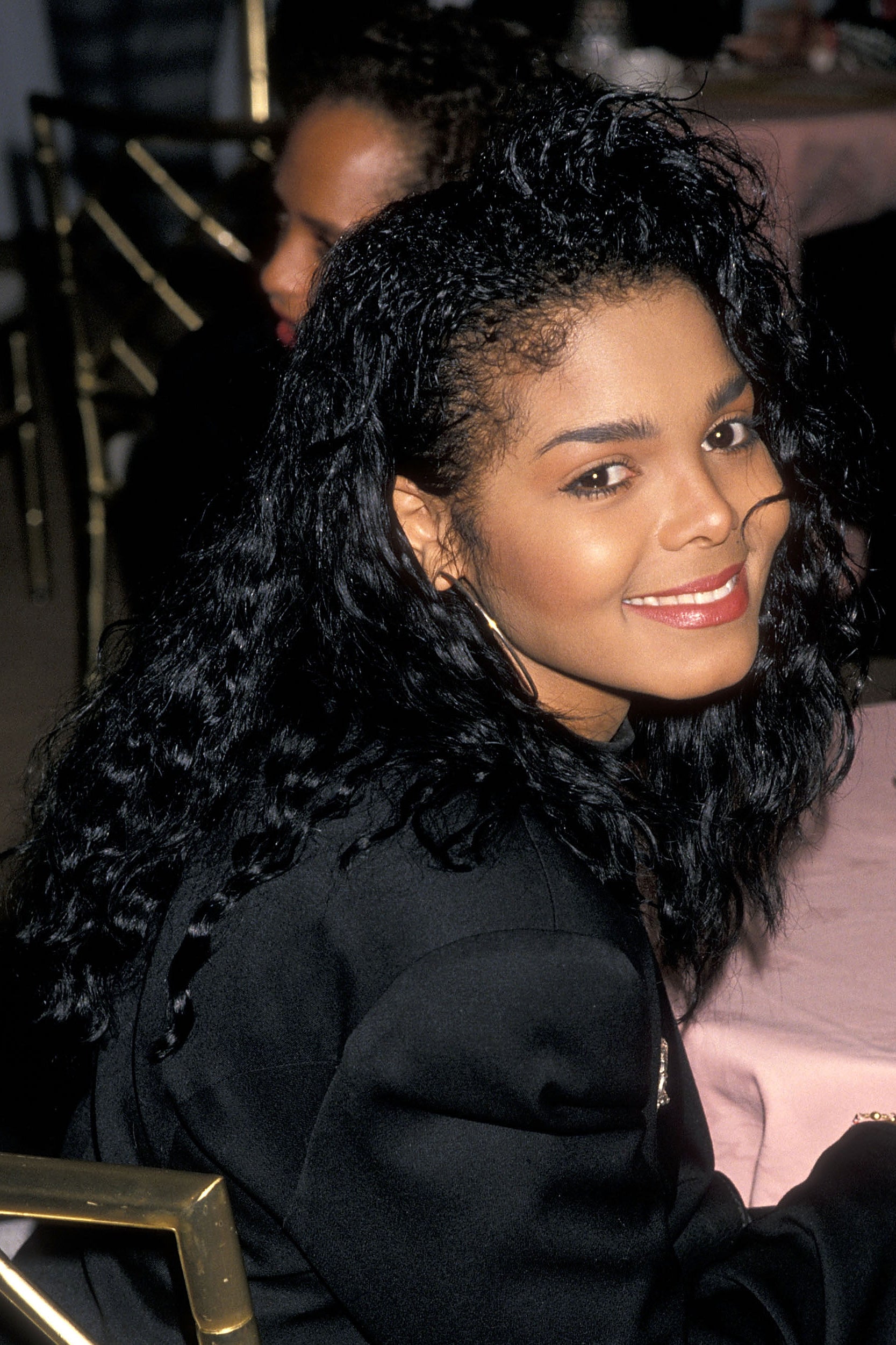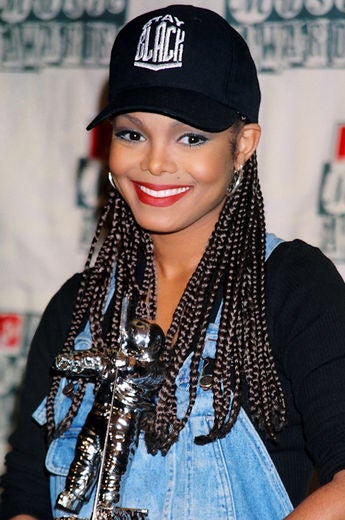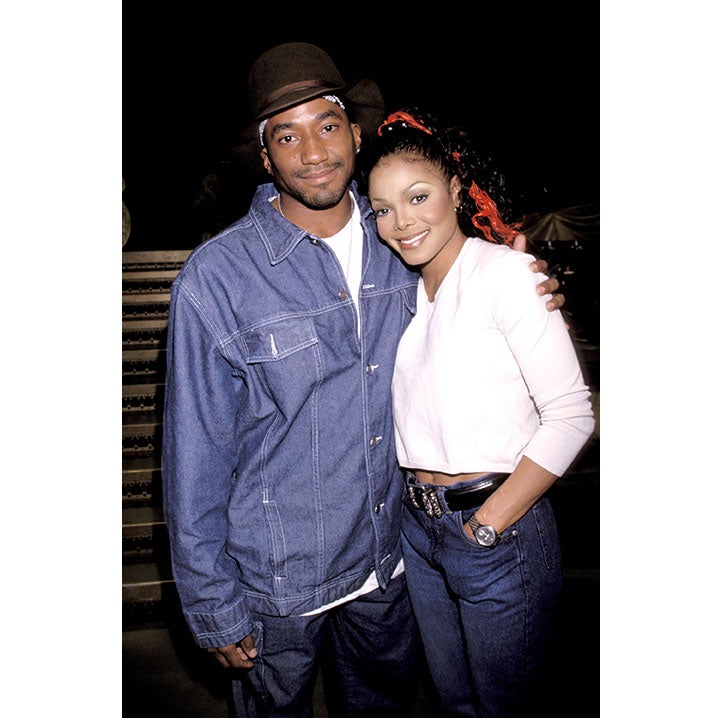2018 ESSENCE Festival headliner Janet Jackson has always been one to keep a low profile, but she recently opened up with a few little-known tidbits about her creative process, her music, her son and much more during a candid interview with Billboard ahead of being honored with their coveted Icon Award this Sunday.
ESSENCE Festival 2018 tickets are on sale now! For more info and the latest news, visit our Festival page HERE.
Scroll through to hear 15 interesting things we learned from her chat and then be sure to grab your tickets to see Ms. Jackson light up the stage as only she can at the 2018 ESSENCE Festival in New Orleans this July.
See you in NOLA!
“I don’t often listen to my own work, but when I go back to [1997’s] Velvet Rope, I put on “Together Again” and remember the friends I lost to AIDS. It was important to me to honor them not mournfully but joyously in a celebratory song. Their spirit did so much to bolster mine.”
“Daniel Caesar is proving that romantic R&B is alive and well. Kendrick Lamar and J. Cole are proving that brilliantly original storytelling is one of hip-hop’s great gifts to world culture. SZA is proving that young women still possess extraordinary vocal skills and style. I also have a special place in my heart for Bruno Mars. Bruno was really the first music my son responded to.”
“I’m anxious. I’m angry. I’m certainly concerned, but when I hear new artists finding their voices, just as I found mine, I’m optimistic. Young artists are exhibiting more courage than ever. Music is more alive than ever. And more relevant. We women artists — and women in general — are saying we will not be controlled, manipulated or abused. We’re determined not to fall back to those days of emotional and even physical enslavement.”
“I agreed to be produced by Jimmy Jam and Terry Lewis. That was critical because they were not controlling. They let me be me. They encouraged me to tell my story, express my attitudes and step forward with my convictions. They encouraged me to write. I also had the control to select choreographers and video directors who could channel — and help me shape — my own dance moves, turning them into visual poetry. I didn’t control those wonderfully creative people, and they didn’t control me.”
“I asked Gil Friesen, my A&R man at A&M, if I could drive him through the hills of Malibu in my Jeep and play him the song. The top was down, the wind blowing, the sun blazing and the music blasting.
“It’s great,” said Gil, “but you’re really talking about an expensive shoot. It’ll cost a fortune. I’m not sure we have the budget.” I cranked up the volume and played it again. When Gil asked to hear it a third time, I knew he’d agree [to the shoot].”
“Control was undoubtedly the break-through. But I think the concept is sometimes misunderstood. I’m a believer. I know that God has absolute control. I’ve never wavered in that belief. I don’t mean I don’t get controlling — most artists do. But I also know that turning myself into a control freak goes against my character. I’m much more a collaborator than a controller.”
“My son, even in his short 17 months on the planet, has showed me that love, no matter how deeply you believe you have experienced that emotion, can always go deeper. Love is limitless.
“Day after day and night after night, holding my baby in my arms, I am at peace. I am blessed. I feel bliss. In those moments, all is right with the world.”
“I was 16 and in between my first two records. Michael was recording [1982’s] Thriller. He invited me to the studio where he was about to sing “P.Y.T.” and asked me to help out on background vocals.
“I jumped at the chance. I loved being one of the P.Y.T.’s and was especially proud — I hope this doesn’t sound like bragging — that when the record was mixed, my single background voice was the one featured. I can’t tell you how good that made me feel.”
“The songs were good, but they weren’t me. That was a little confusing. I knew I had something to say, I knew I had to assert myself. I also knew I had to go through the painful process of what my brothers had gone through. I had to thank my father for his help and then move on.”
